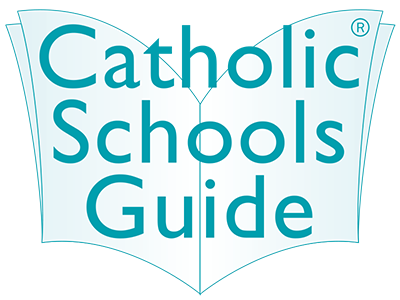News and Media

How to Help Teens Put Less Pressure on Themselves
Article Source: https://greatergood.berkeley.edu/article/item/how_to_help_teens_put_less_pressure_on_themselves
My friend’s teen daughter, Belen, had a big upcoming exam this past semester. Starting a week before the exam, she studied incessantly. Every possible available moment. The night before the exam, she hardly slept—she was too nervous, tossing and turning in bed, going through in her mind all the facts that she needed to know, and worrying that she missed something important. When she finally went in to take the test, she was practically paralyzed with fear, and was barely able to think clearly.
This is a really tough time for teens. I know what you’re thinking—the teen years have always been tough. But according to the U.S. Surgeon General in his advisory released in December, the pressure that teens are facing today is unprecedented. Youth mental health is in crisis. And it’s not just from the pandemic: According to the 2019 CDC Youth Risk Behavior Surveillance survey, mental health among youth did a nose-dive over the last decade, with depression and sadness increasing by 40%, and those with a suicide plan increasing by 44%.
What’s been going on?
Of course, there are many external factors that play a role. Lockdowns and school closings have kept teens isolated—at a time when the developmentally appropriate thing to do would be connecting with their peers. According to the American Psychological Association’s 2018 report on Stress in America, teens and young adults are stressed from what they hear in the news: gun violence (particularly school shootings and mass shootings), political discord, climate change and global warming, separation and deportation of immigrant families, and sexual assault and harassment.
But here I’d like to focus on something more internal: the exceedingly high standards many teens have for themselves. Whether it’s a desire for straight As, flawless skin, or athletic stardom, the quest to stand out as “the best” often drives teens to be relentlessly hard on themselves, which can lead to feelings of unworthiness and depression. Yet knowing that there is a way out—that they don’t have to relentlessly beat themselves up in order to be successful and happy—can be enormously relieving for teens.

